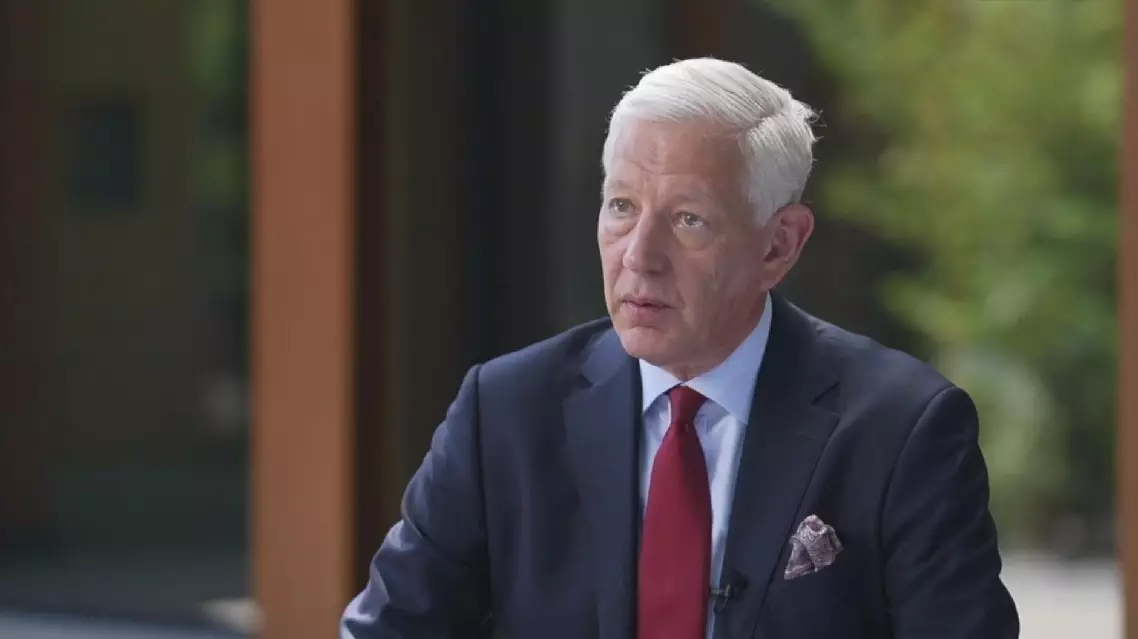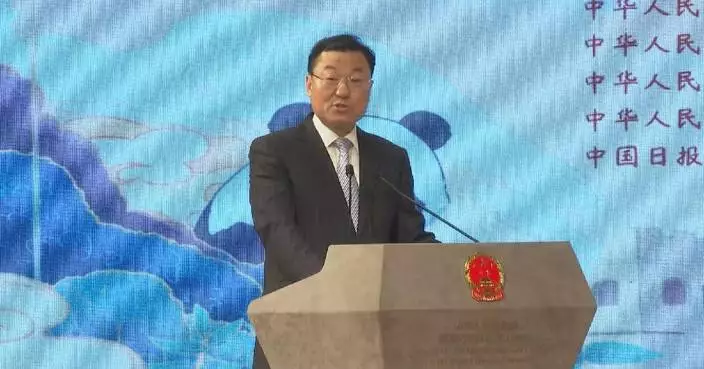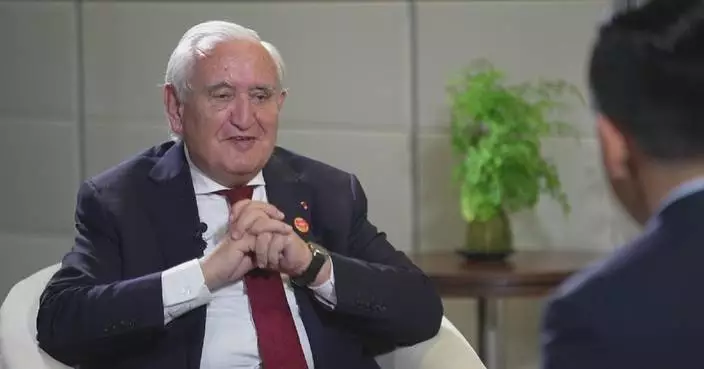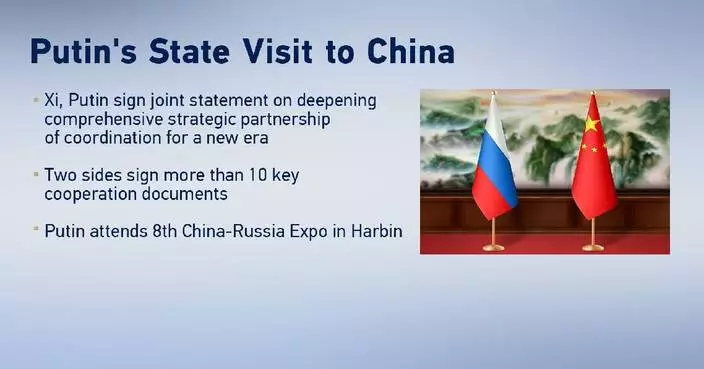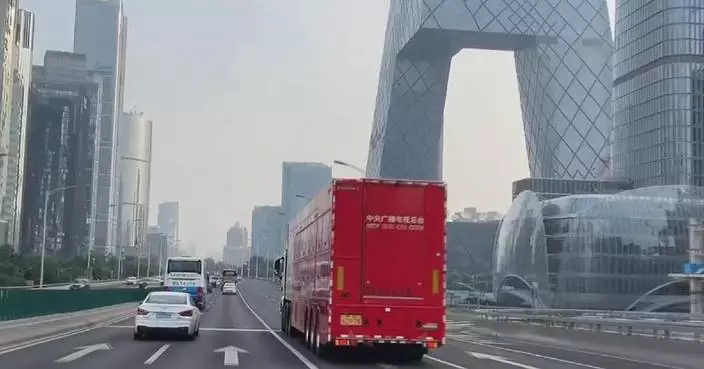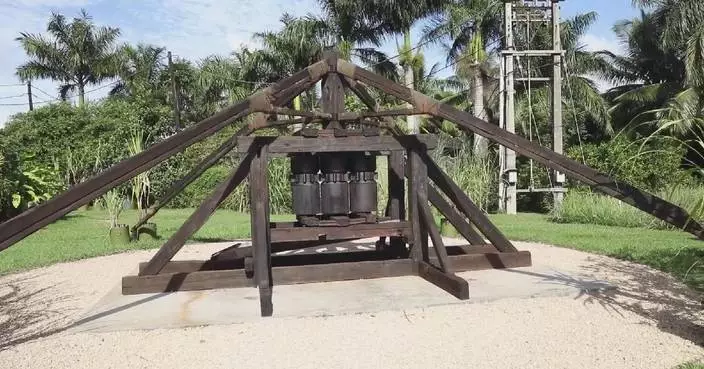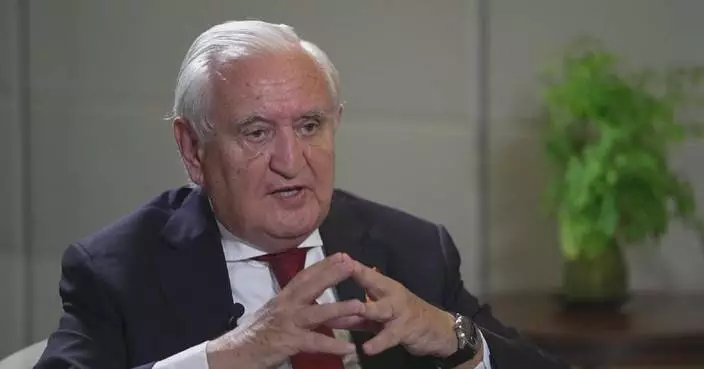Danube Corridor, a Chinese-built road in eastern Serbia, is expected not only to unleash the local tourism potential but also to enhance Serbia's connectivity with other countries, improving its investment environment.
Danube Corridor project under the framework of Belt and Road Initiative is an important expressway project in eastern Serbia, and will be fully opened by the end of next year.
The road connecting Pozarevac with Veliko Gradiste and Golubac in Serbia will interconnect this region and attract tourists and investors alike to eastern Serbia. Once completed, it will serve as a vital transportation artery, and Serbian President Aleksandar Vucic referred to it as the "Road of the Future."
Located on the northeastern border of Serbia, Golubac has a history that can be traced back to ancient Roman times. With its rich cultural and natural resources, Golubac attracts over 2 million visitors annually. Golubac Fortress is the most famous tourist destination.
After the opening of the Danube Corridor, the travel time from Belgrade to Golubac will be at least halved compared to the present. With the driving force of the corridor, the local area is actively promoting the construction of more urban and infrastructure facilities such as hotels and parking lots, as well as developing new tourism projects.
"We are building an archaeological park. It is currently under construction and will be completed next year. This site is located next to the Golubac Fortress, and there were people living here in the past. Everything is being prepared for next year," said Iskra Maksimovic, director of Golubac Fortress.
"We will also invest in more larger-scale infrastructure projects, two to three major projects. Local governments will lead the implementation of smaller projects," said Nebojsa Mijovic, mayor of Golubac.
The Danube Corridor is a 68-kilometer-long road connecting the European route E75 highway with the eastern part of the country.
Upon completion, it will ease the transportation bottleneck in the eastern region of Serbia and promote local economic development.
"For Serbia, it signifies the continuous improvement of infrastructure construction. I have emphasized multiple times that without strengthening infrastructure, there can be no economic development," said Sasa Pavlovic, mayor of Pozarevac.
"We have a deep understanding of what our Serbian friends need after 10 years of development in the local area. Therefore, we made full use of local resources in Serbia during the implementation of this project. We strictly adhere to the Belt and Road Initiative to push for deeper and more substantive development of the BRI," said Zhang Jianchao, chief engineer of China Shandong International Economic and Technical Cooperation Group Ltd.

Chinese-built road to unleash eastern Serbia's tourism potential

Chinese-built road to unleash eastern Serbia's tourism potential


